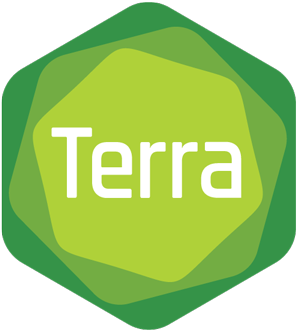Every year we run a workshop at the annual meeting of the American Society for Human Genetics, and it’s a highlight of our year for many reasons. My favorite aspect of it is that we use the ASHG workshop to drive development of brand new educational materials and resources, and sometimes it even accelerates the development of some functionality in the platform.
That’s how last year we came to develop our “Reproducible GWAS on the cloud” workspace, which features the synthetic 1000 Genomes phenotypic dataset that I wrote about last week.
This year, of course, the experience will be very different from previous years since everything is remote (I for one will dearly miss the in-person interactions) but this cloud has a lovely silver lining. Everything is being recorded as a mix of presentations and walkthrough demos and will be available on-demand during and for some time after the conference. So you no longer have to choose between workshops that are offered concurrently, which was always a problem. Plus, you control the pace of the workshop — you can take your time and pause or rerun the video if you get a little lost. Finally, and I think this will make a difference to any early career folks or independent learners who don’t have access to funding that covers workshops, access to all the invited workshops is completely free to conference attendees, meaning that you no longer have to pay an extra fee to register for any of them.
Our ASHG workshop this year is focused on demonstrating how you can take advantage of datasets and tools across different platforms within the AnVIL ecosystem. The workshop starts with a brief overview of the AnVIL project and how it can help you, then dives into a hands-on walkthrough of a complete use case divided into three main sections:
- Find data: We explore the Gen3 Data Commons repository hosted by the University of Chicago, assemble a cohort from open-access 1000 Genomes data, and export it to Terra;
- Find tools: We locate a GATK variant calling workflow in Dockstore, the tool repository hosted by the University of California at Santa Cruz (UCSC, like the browser), and export it to Terra as well;
- Run the tools on the data: In Terra, we test the workflow on some example data then configure it to run on the 1000 Genomes data we imported from Gen3.
I’m especially excited about this workshop for two reasons: it’s a very practical, hands-on walkthrough that will help researchers access useful resources; and it’s a real-life application of the interoperability principles that were demonstrated a few weeks ago at the GA4GH Plenary Meeting, which I wrote about at the time.
To give you a taste of what the hands-on portion of the workshop will be like, here’s the screencast we recorded for the part that shows how to locate a workflow in Dockstore and import it into your Terra workspace.
All the resources referred to in the video are already public today, so you can try out this tutorial right away if you’d like. You can either start from any workspace in Terra if you’ve already been using it or start from the workflow page in Dockstore and start actively following the instructions from 4:03 in the video. If you’re not logged into Terra already, you’ll be prompted to do so when you click the Terra button in Dockstore (you’ll see, it will make sense).
The full workshop will include several short “context” presentations as well as two other screencasts; one that shows the Gen3 data exploration part and another that shows how to run the workflow imported above on the Gen3 data. We’ll have a section of the Terra forum dedicated to answering questions about the workshop, so regardless of the virtual format, you won’t be on your own if you run into trouble. In fact, I think this might actually make it easier for us to help people who get stuck. It was always tough with the in-person format when we had 100+ people in a ballroom and only 4 or 5 instructors to go around the room. With this new format, our entire support team and some volunteers from the engineering group will be on hand to help.
Interested in this workshop? Make a plan to attend! If this whets your appetite and you already have your ticket to ASHG, check out the workshop session information on the ASHG website and consider scheduling some time for it in your calendar. Registration for the ASHG conference itself is still open if you haven’t yet signed up, and I really encourage you to consider it. FYI the registration rates are still in the “Advance” pricing phase until October 23; they have discounts for students/trainees and very steep discounts for folks from developing countries, and in general, it seems like the pricing is quite a bit lower than in previous years if I remember correctly, so this is a huge opportunity to attend if you haven’t been able to do so previously for financial reasons.
I hope to see you there virtually; don’t hesitate to ping me on the conference’s online chat if you want to talk!
And as always, we’d love to get your feedback, so let us know what you think in the comments below.








